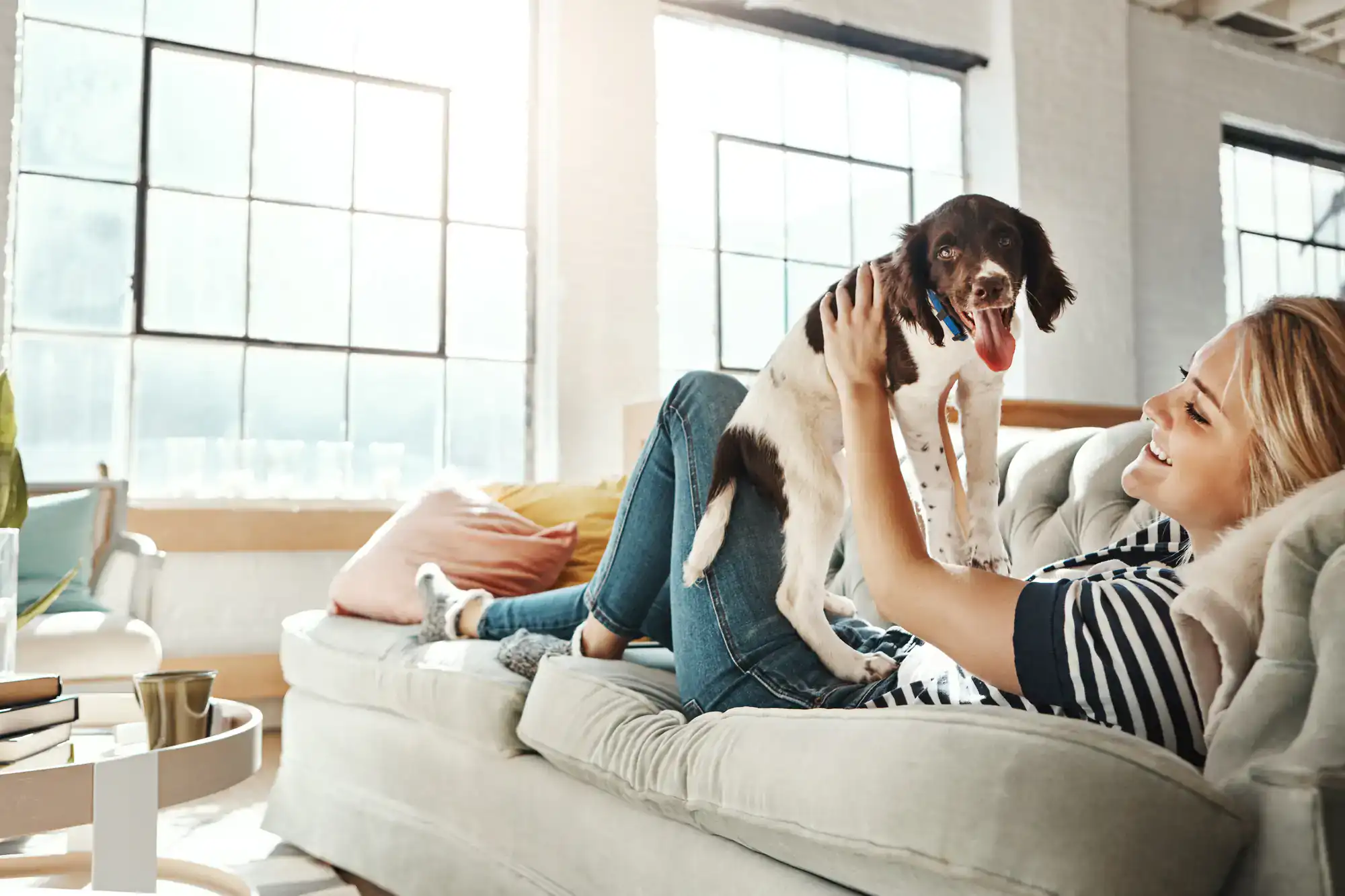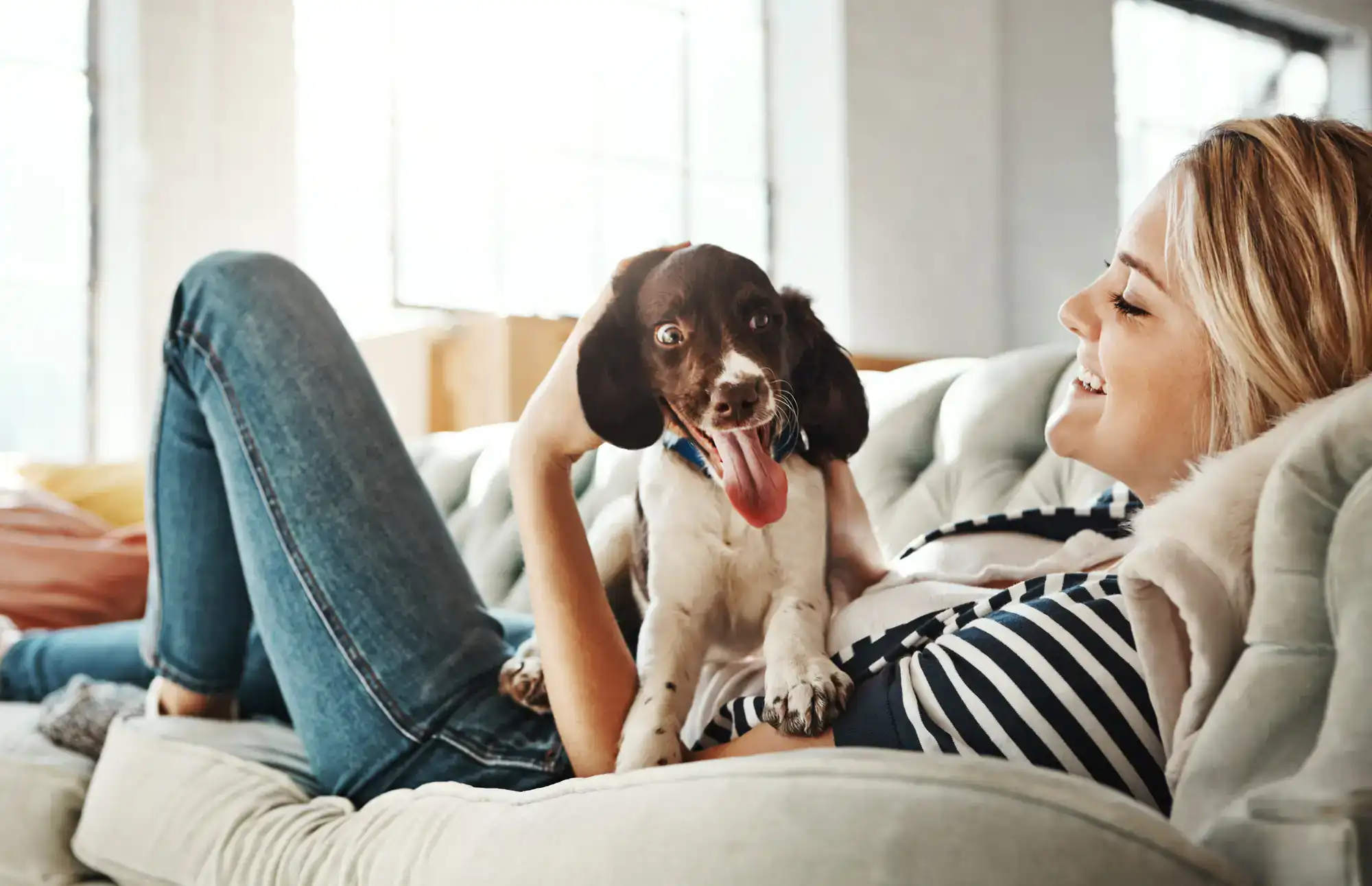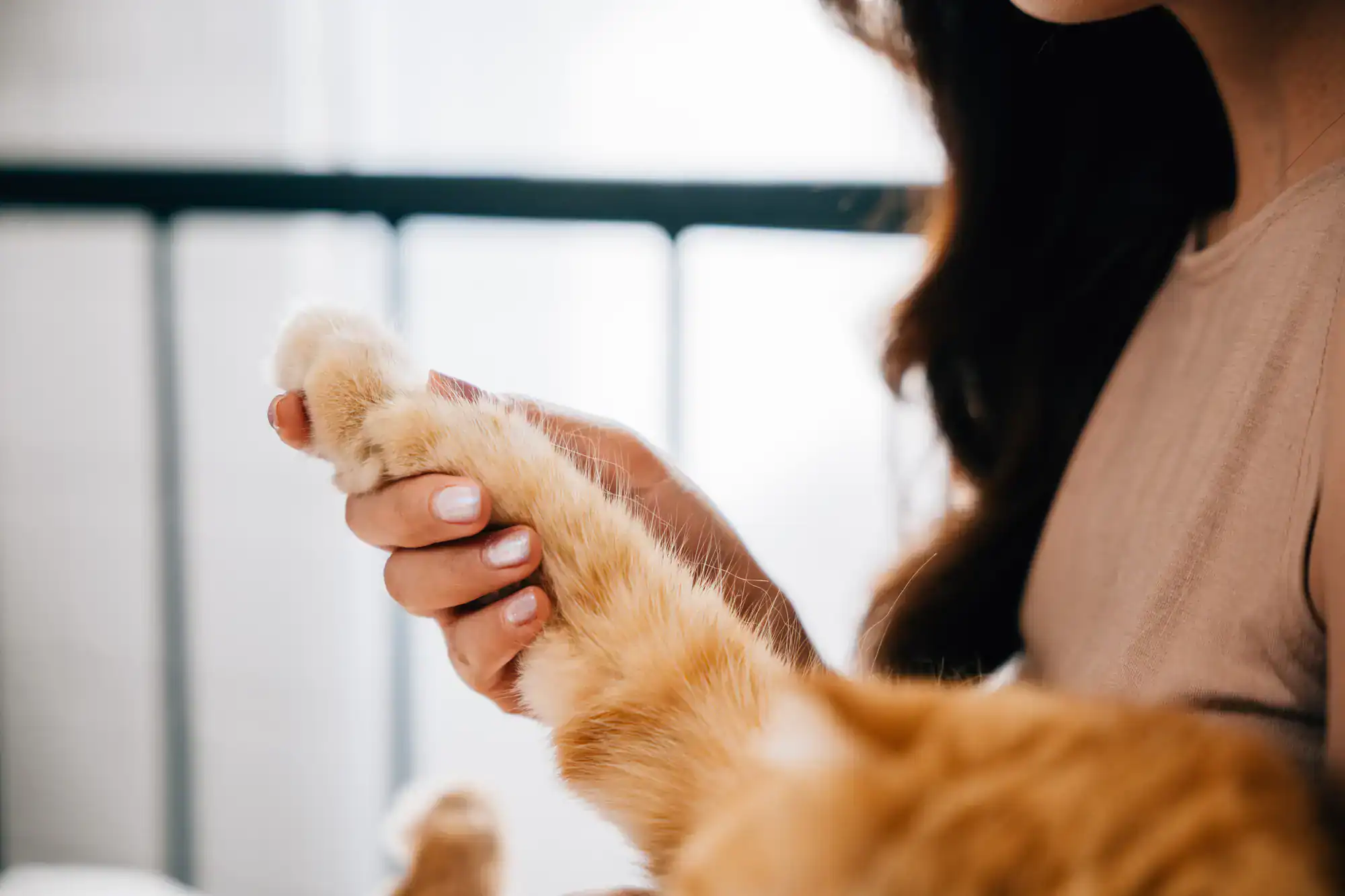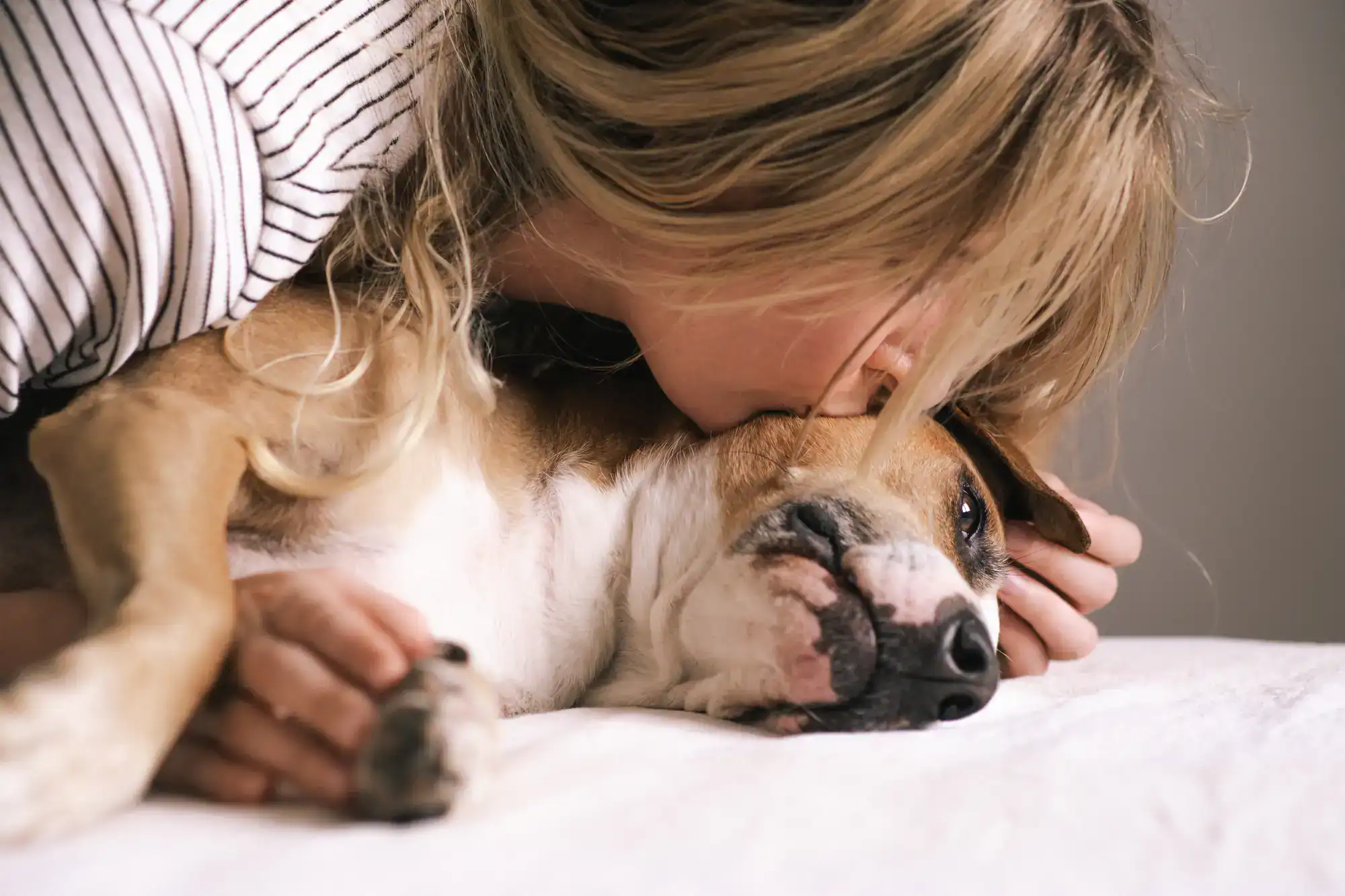Pet Loss Support in Deerwood, TX
You Don't Have to Grieve Alone
Professional pet loss support and grief counseling resources to help you heal after losing your beloved companion.

Hear from Our Customers

Pet Grief Counseling Deerwood TX
That empty collar hanging by the door isn’t just a reminder—it’s a testament to a bond that changed your life. The silence where barking or purring used to fill your home can feel overwhelming.
You’re not overreacting. You’re not being dramatic. The grief you’re feeling is as real as any other loss because your pet wasn’t “just an animal”—they were family.
Some days you’ll feel okay, then guilt hits because you smiled for a moment. Other days, the sadness feels too heavy to carry. Both reactions are completely normal, and there’s no timeline you need to follow to “get over it.”
Pet Loss Resources Harris County
We’ve been helping Harris County families navigate pet loss since 1989, and we know that every grief journey looks different. Some people need someone to talk to. Others want practical resources. Many need both.
As members of the American Association for Pet Loss and Bereavement, our team receives specialized training in pet grief support. We understand the unique aspects of losing an animal companion because we’ve experienced it ourselves and helped thousands of families through similar pain.
Our Deerwood location serves families throughout Harris County who are dealing with pet loss, whether expected or sudden. We speak both English and Spanish, ensuring every family gets the compassionate support they deserve.

Coping With Pet Loss Process
We start by listening to your story without judgment. Every pet relationship is unique, and your grief deserves to be understood on your terms, not compared to someone else’s experience.
Based on what you’re going through, we’ll connect you with resources that actually help. That might be individual grief counseling, local support groups, or educational materials about pet bereavement. For families using our cremation services, our pet portal system provides transparency and peace of mind during the process.
We stay in touch to make sure you’re getting what you need. Grief changes over time, and the support that helps today might be different from what you’ll need next month. We adjust our approach as you heal.

Ready to get started?
Pet Bereavement Support Deerwood
Pet loss support in Harris County goes beyond just handling final arrangements. We provide access to trained grief counselors who understand pet bereavement, support group information, and practical guidance for coping with daily reminders of your loss.
Many Deerwood families struggle with guilt over euthanasia decisions or feel isolated because friends don’t understand their grief. We offer specialized support for anticipatory grief, sudden loss trauma, and the complex emotions that come with making end-of-life decisions for a beloved pet.
We recognize that our community includes many Spanish-speaking families, and we provide bilingual pet loss support to ensure language never becomes a barrier to healing. First responders, military families, and rescue volunteers receive a 10% discount because we understand the additional stress these roles can add during personal loss.

How long does pet grief typically last and is my reaction normal?
What should I do with my pet's belongings and spaces after they pass?
How do I know if I need professional grief counseling for pet loss?
Should I get another pet right away to help with the grief?
How can I help children in our family cope with pet loss?
Are there local pet loss support groups in the Harris County area?
Other Services we provide in Deerwood
